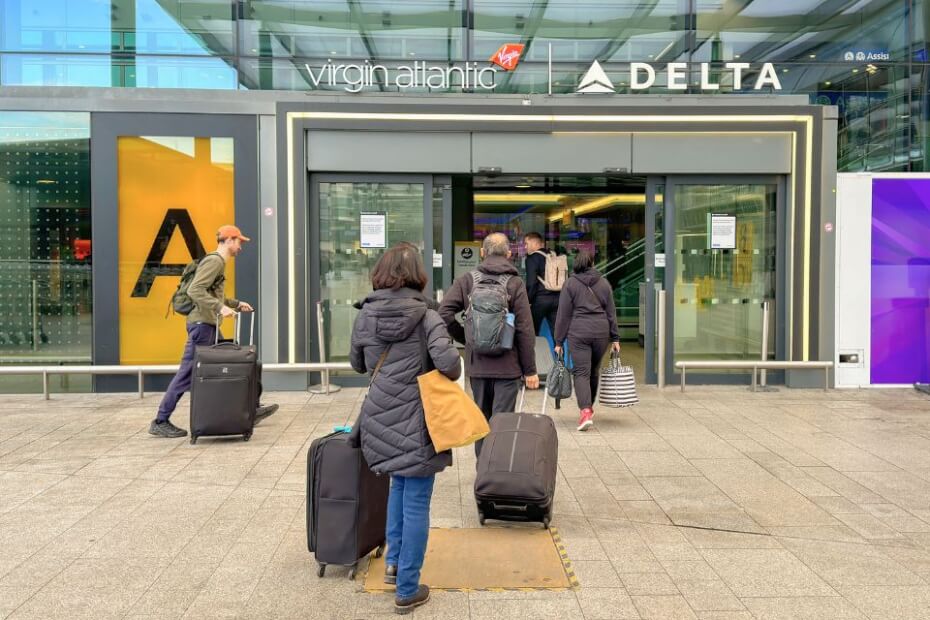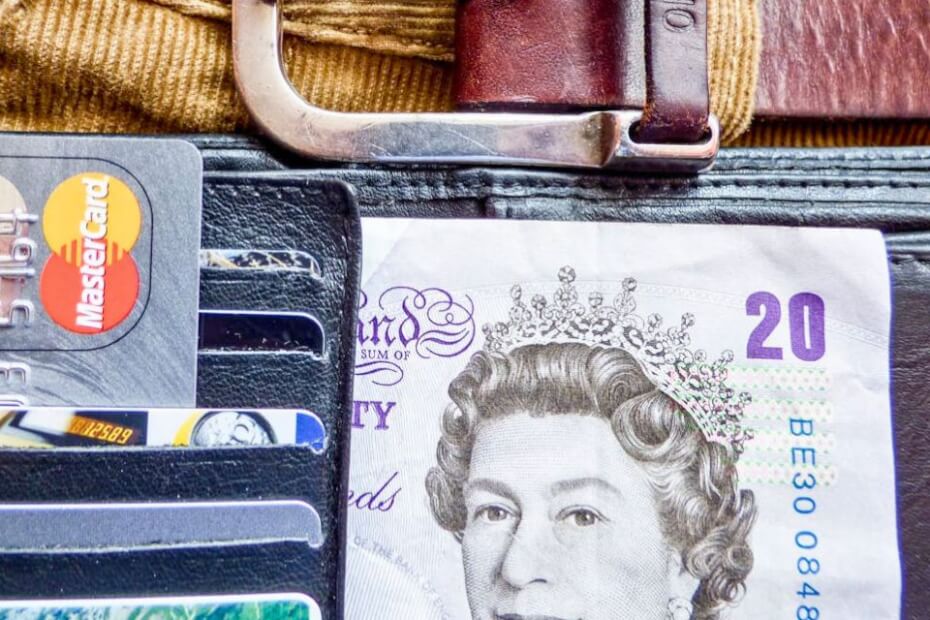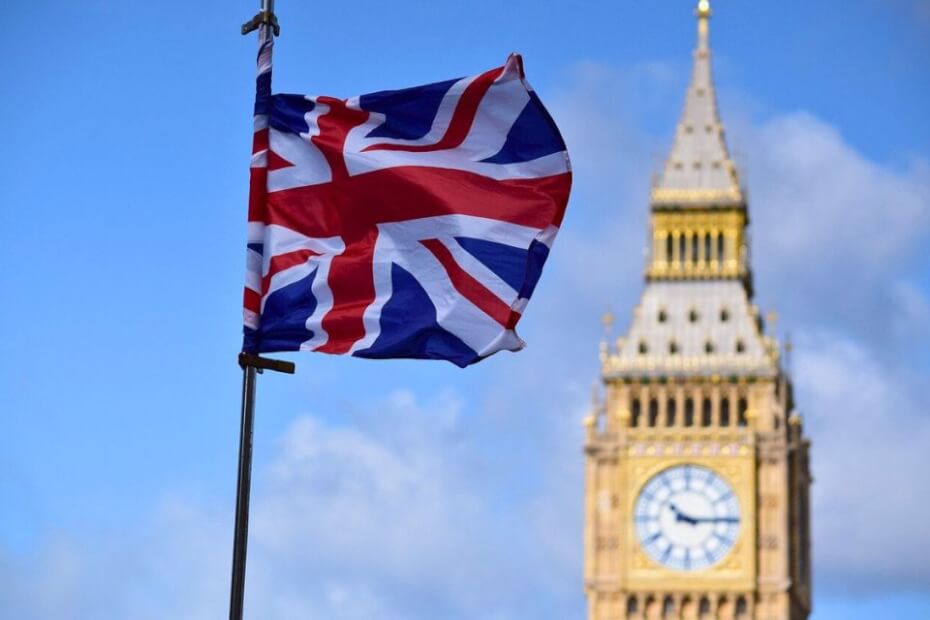
The United Kingdom (UK) Home Office temporarily exempts airside transit passengers from the Electronic Travel Authorisation (ETA).
The change was announced on 16 January 2025, about a week after the new digital permit scheme rolled out for more non-visa visitors.
Along with the change, the Home Office has also plans to raise the ETA fee from £10 to £16 as part of broader efforts to fund immigration and border operations.
Additionally, the government raised the cost of certificates of sponsorship and naturalization for British citizens and Overseas Territories citizens.
“The changes to ETAs, certificates of sponsorship, and nationality products are forecast to generate an additional £269 million a year,” the Home Office shared in a news release.
Temporary UK ETA exemption for transit passengers
The ETA exemption only applies to transit travelers staying airside or those who do not pass through UK border control.
These transit passengers remain in the airport’s secure area and, technically, do not enter the UK as they continue to their onward destination.
The exemption also only covers transit passengers at Heathrow and Manchester airports, the only UK airports with transit facilities.
The decision was in response to feedback from the aviation industry, which had expressed concerns about potential disruptions to passenger flow.
However, the ETA exemption for airside transit passengers is temporary and will be kept under review by the Home Office.
It is unclear if the ETA exemption will extend to other airports or how long it will remain in effect.
Transit passengers with connecting flights on separate tickets still need to apply for an ETA before their trip.
This is because collecting and re-checking bags will require passing them through UK immigration control.
Still, the aviation sector has welcomed the decision to remove the ETA requirement for transit passengers.
This change aligns the UK ETA with similar systems, such as the United States (US) Electronic System for Travel Authorization (ESTA).
UK ETA fee will increase from £10 to £16

Alongside the ETA exemption for airside transit passengers, the Home Office announced a plan to increase ETA fees from £10 to £16.
This will affect visa-exempt travelers visiting the UK for short stays of up to six months.
The government cited the need to reduce the immigration system’s reliance on taxpayer funding as the reason for the increase.
The increase is anticipated to generate an additional £140 million for the Home Office in the 2025 to 2026 fiscal year.
However, the higher fee has drawn criticism, highlighting that the ETA’s increased fees could place an additional financial burden on passengers.
Many fear that the ETA and its higher cost could make the UK a less attractive destination for travelers worldwide.
For comparison, the US ESTA costs £17. Australia and Canada’s electronic travel authorizations cost £10 and £4, respectively.
Once operational, the European Union’s (EU’s) upcoming European Travel Information Authorization System (ETIAS) will only cost £6.
Other changes to immigration fees
In addition to the ETA exemption and cost adjustments, the Home Office plans to raise several other immigration-related fees.
Like the ETA, the changes aim to generate additional revenue to fund the immigration and border system.
Certificate of Sponsorship Fees
Employers sponsoring workers on Skilled Worker visas will see the cost of a Certificate of Sponsorship rise from £239 to £525.
This fee is required for employers bringing international workers to the UK and is a key part of the visa application process.
The Home Office anticipates the increase will generate £111 million in additional revenue annually by the 2025-26 fiscal year.
Naturalization Fees
The application fee for individuals seeking to become British citizens will rise from £1,500 to £1,605.
For those applying for naturalization as a British Overseas Territories citizen, the fee will increase from £1,000 to £1,070.
The naturalization fees combined are expected to increase government revenue by £18 million in the 2025-26 fiscal year.
The Home Office emphasized the need for these increases as they reflect the actual cost of processing applications.
“These adjustments are part of a wider effort to ensure the immigration system is financially sustainable,” the Home Office stated.
Critics argue that these hikes would create additional barriers for individuals seeking to work or settle in the UK.
The number of Skilled Worker visa applications has already been feeling the impact of the salary threshold hike and other stricter visa rules.
What to expect next

Travelers and businesses must adapt to the UK’s evolving immigration policies in line with its long-term objectives.
The temporary ETA exemption for airside transit passengers shows flexibility in policy-making and listening to concrete feedback.
Officials in Northern Ireland also seek ETA exemptions for international tourists visiting the region for seven days or less.
This would benefit Northern Ireland’s tourism industry, as many visitors rely on seamless travel from the Republic of Ireland.
On the other hand, the increased immigration fees seek to reduce taxpayer subsidies for immigration operations.
The fee changes are expected to take effect in 2025, subject to parliamentary approval.

